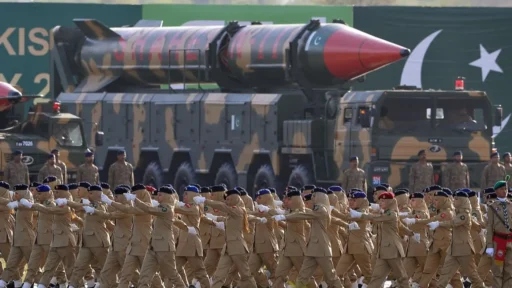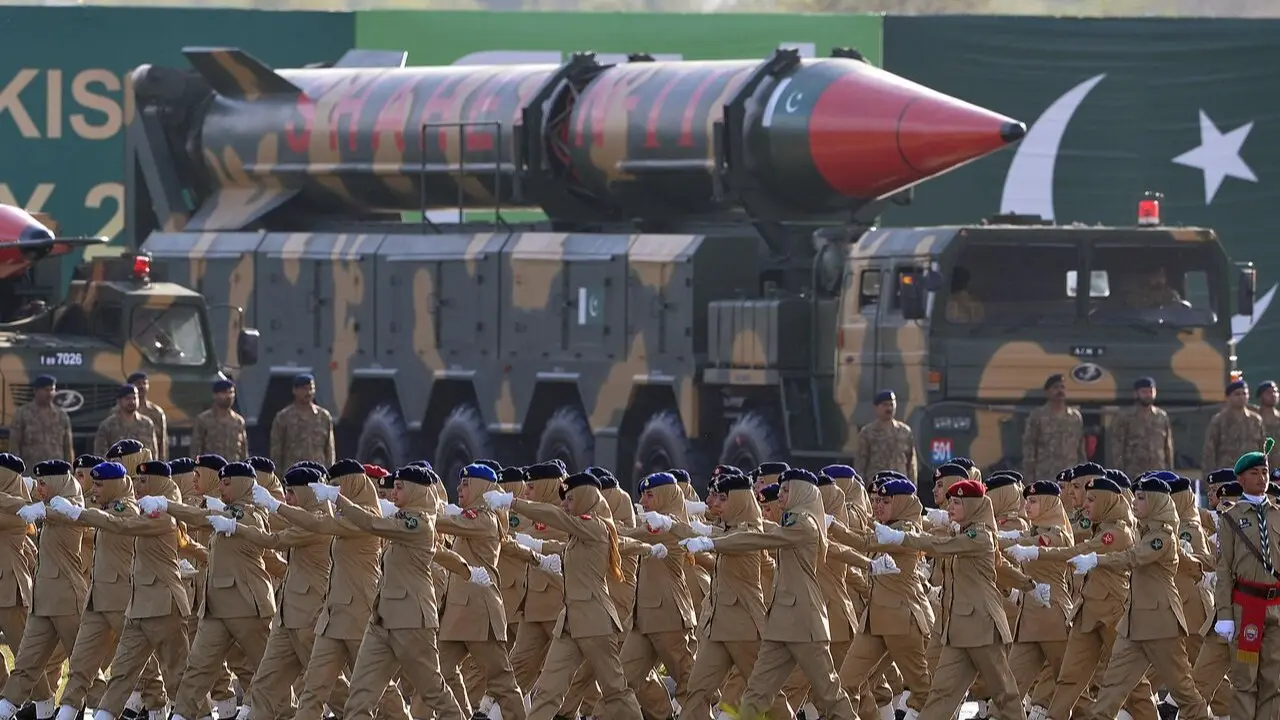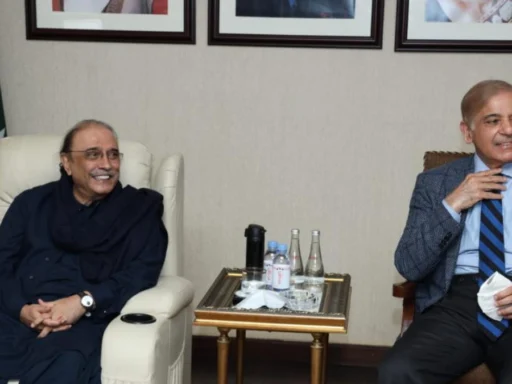The US States Department Announces Additional Sanctions on a country’s missile program by announcing new sanctions aimed at curbing the nation’s development and proliferation of missile technology. This latest move reflects growing concerns within the international community about the potential regional and global implications of advancements in missile capabilities.
As part of its strategy, Pakistan is focused on strengthening its missile defense systems to ensure national security.
As part of its strategy, Pakistan is focused on strengthening its missile defense systems to ensure national security.
Furthermore, Pakistan has been actively seeking collaborations with other nations to enhance its missile capabilities.
Details of the Sanctions
Furthermore, Pakistan has been actively seeking collaborations with other nations to enhance its missile capabilities.
The sanctions, announced by the US State Department, target entities and individuals associated with the missile development program. These measures include:
- Asset Freezes: Blocking financial assets of designated entities and individuals under US jurisdiction.
- Export Restrictions: Limiting access to critical technology and materials that could be used to further missile development.
- Travel Bans: Restricting entry to the US for those directly involved in the program.
These sanctions have ignited discussions regarding Pakistan’s right to develop its defense mechanisms.
The sanctions are part of the Countering America’s Adversaries Through Sanctions Act (CAATSA) and align with broader US non-proliferation objectives.
Pakistan’s focus on its missile advancement is viewed as a necessary step in the current geopolitical landscape.
US Concerns Over Proliferation
These sanctions have ignited discussions regarding Pakistan’s right to develop its defense mechanisms.
The US government has expressed concern over expanding missile capabilities, particularly its potential to destabilize South Asia. The State Department highlighted alleged efforts to enhance ballistic and cruise missile systems, which could increase tensions with neighboring India.
Observations indicate that Pakistan is likely to continue enhancing its missile technology in response to international pressures.
Pakistan’s focus on its missile advancement is viewed as a necessary step in the current geopolitical landscape.
A senior State Department official remarked, “These sanctions aim to deter further development and proliferation of missile technologies that threaten regional stability and violate international norms.”
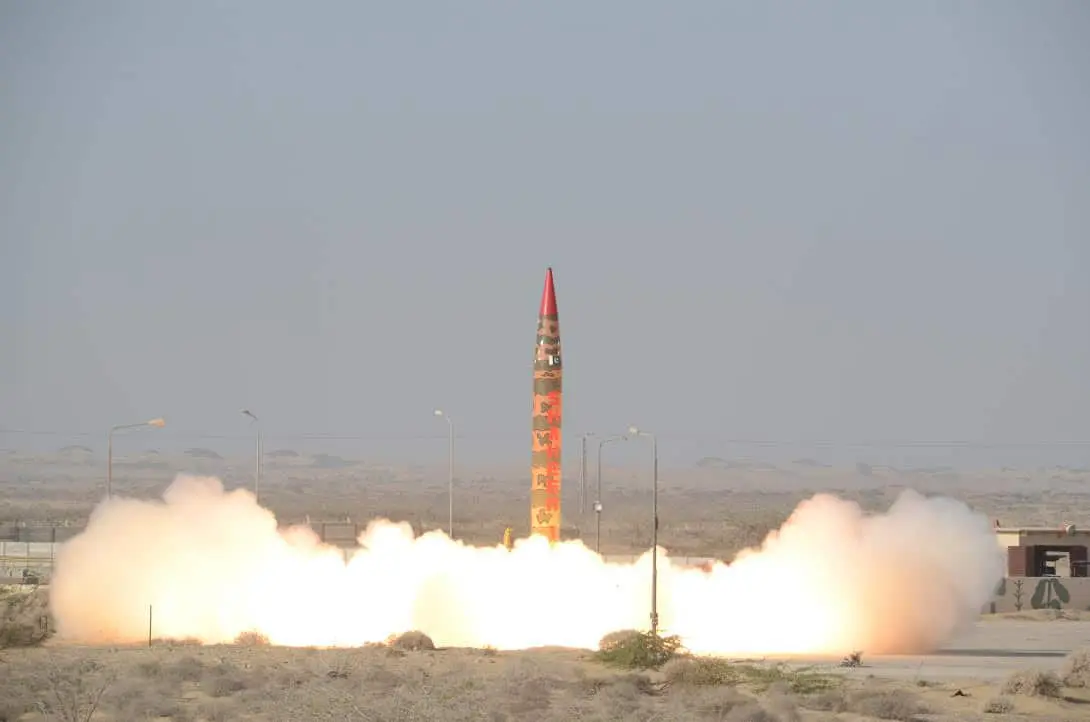
US State Department Announces Additional Sanctions on Pakistan’s Missile Program
Pakistan’s commitment to its missile program is integral to maintaining a balance of power in the region.
Observations indicate that Pakistan is likely to continue enhancing its missile technology in response to international pressures.
Response
The government has strongly condemned the sanctions, calling them an unjustified attempt to undermine its sovereign right to national defense. A spokesperson for the Ministry of Foreign Affairs stated, “The missile program is purely defensive in nature and adheres to international non-proliferation standards.”
Islamabad has urged the US to reconsider its approach, warning that such actions could strain bilateral relations and undermine cooperation on counterterrorism and regional security.
Overall, Pakistan remains resilient in its stance regarding its missile development initiatives amidst external pressures.
Implications for Regional Stability
Pakistan’s commitment to its missile program is integral to maintaining a balance of power in the region.
The announcement of additional sanctions has raised questions about the broader implications for South Asian security. The missile program, developed as a counterbalance to military capabilities, has long been a point of contention between the two nuclear-armed neighbors.
Analysts suggest that the sanctions could exacerbate existing tensions, with the country potentially seeking alternative sources for its missile technology, such as China or North Korea.
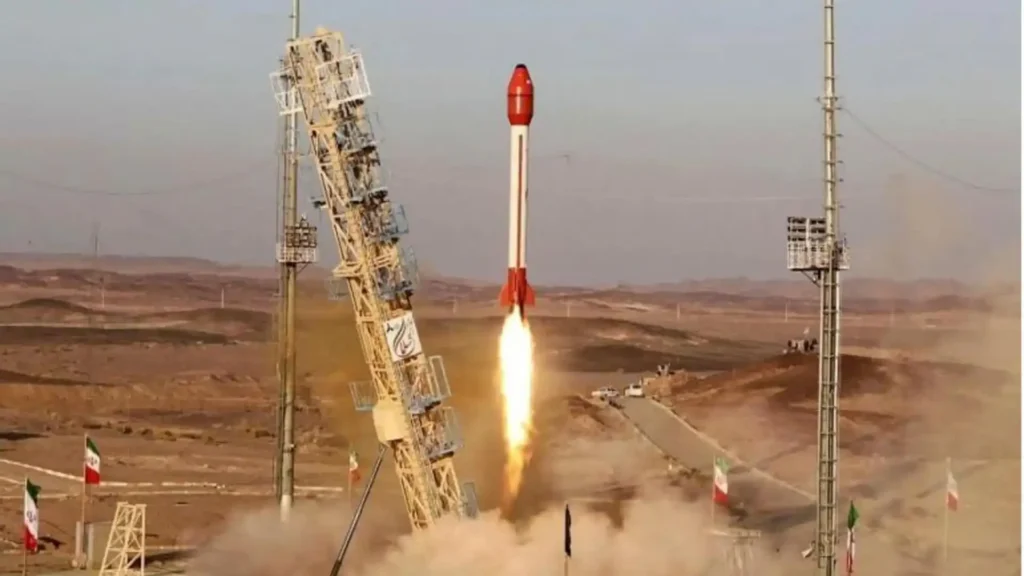
International Reactions
Overall, Pakistan remains resilient in its stance regarding its missile development initiatives amidst external pressures.
Global reactions to the sanctions have been mixed.
- India: New Delhi has welcomed the move, viewing it as a step toward addressing security concerns in the region.
- China: Beijing has criticized the sanctions, accusing the US of employing double standards and undermining Pakistan’s legitimate defense needs.
- United Nations: While not directly commenting on the sanctions, the UN has reiterated its call for restraint and dialogue to prevent an arms race in South Asia.
Source : Dawn
